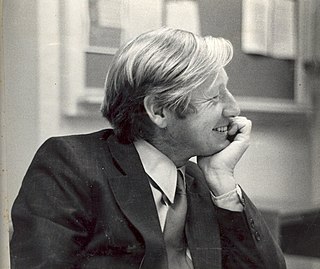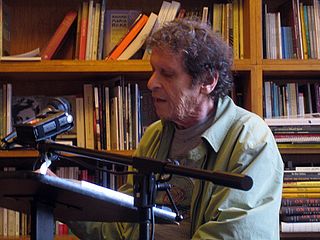A Quote by Tom Rath
Instead of celebrating what makes each child unique, most parents push their children to "fit in" so that they don't "stick out." This unwittingly stomps out individuality and encourages conformity, despite these parents' good intentions
Related Quotes
I grew up in a remarkable home, the middle of seven children. My parents raised us well. They loved us well. We laughed hard growing up. But being the middle child, I couldn't figure out where I fit in the home, whether I was the youngest of the older three or the oldest of the younger three. When you don't know where you fit inside the home and you're young and you're desperate to fit in somewhere, I'd figured where I would fit outside the home. So I made some bad decisions about who I hung out with, I dropped out of high school, got kicked out of the house.
Parents become very good at not hearing the explicit words and listening instead to what the child means but doesn't yet know how to say: 'I'm lonely, in pain, frightened' - distress which then unfairly comes out as an attack on the safest, kindest, most reliable thing in the child's world: the parent.
Kids know they can't make it alone, yet at the same time, built into each one of us, is a survival ethic. It says, "Nobody cares and you have to look out for yourself and if you don't, you'll die." These two things work against each other. I think most kids are very frightened of their parents, and that's what all fairy tales reflect: Parents will fail you and you'll be left on your own. But, of course, everything comes out right in the end and the parents take you back.
A child is not a Christian child, not a Muslim child, but a child of Christian parents or a child of Muslim parents. This latter nomenclature, by the way, would be an excellent piece of consciousness-raising for the children themselves. A child who is told she is a 'child of Muslim parents' will immediately realize that religion is something for her to choose -or reject- when she becomes old enough to do so.
When parents see their children's problems as opportunities to build the relationship instead of as negative, burdensome irritations, it totally changes the nature of parent-child interaction. Parents become more willing, even excited, about deeply understanding and helping their children. . . . This paradigm is powerful in business as well.
There's a natural tendency for children to, in some sense, inherit the cultural values of their parents. I'm not against that, that's fine, that's wonderful. What I am against is labelling. Nobody ever labels a child a cricketer because his father is a cricketer, but they do label a child a Catholic because his parents are Catholic. I think it's more or less unique. Nobody ever labels a child a socialist or a conservative or a liberal because that's what their parents are.
You must learn to look at people who are angry with you straight in the eye without getting angry back. When children see their parents treating them this way, they then recognize the parents' authority. It speaks louder than words. Their new respect for the parents is as good for them as it is for the parents. It never works to demand respect of children. It must be given willingly as a result of strength of good character in the parents, which is manifested by their non-reaction to stress in the children.
Every child has to disobey the father. Unless a child disobeys the father he never becomes mature. It is nothing, original, it is very simple and natural. It is very psychological. There comes an age when every child has to say NO to the parents. If he does not say no to the parents he will not have a spine; he will be spineless. If he cannot say no to the parents, he will be a slave his whole life. He will never attain to individuality.
































